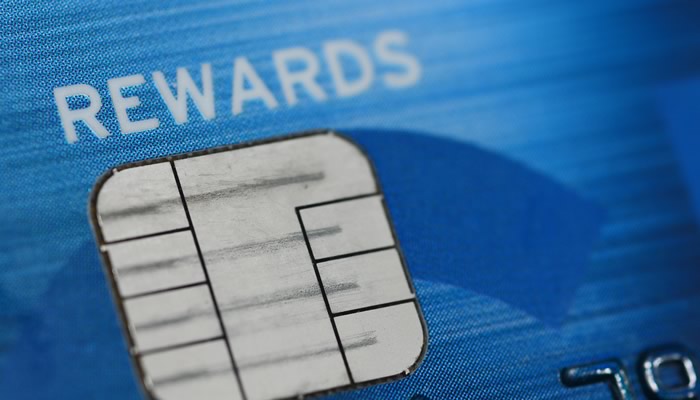Credit Card Fees and How to Avoid Them
Similar to reward points, fees can differ between credit cards. When you sign up for a credit card it’s important to review the cardholder agreement. The agreement contains important information about your credit card, including fees you may have to pay.

The good news is you can avoid incurring most fees by choosing a credit card that best suits your spending needs. Here are the most common type of credit card fees and how to avoid them.
Annual Fees
Sometimes credit cards charge a yearly fee just for the right to use them. The fee is charged once a year on your credit card anniversary date, appearing on your statement. Usually card with annual fees come with added perks to offset fees like higher rewards or lower interest rates.
Before you apply for a credit card with an annual fee, you should estimate if you’ll spend enough to make it worthwhile. If the annual fee is more costly than the rewards you’ll receive, you’re better off with a credit card without an annual fee.
Cash Advance Fees
A cash advance may be a convenient way to access cash, but beware of the costly fees you’ll incur. With a cash advance you can use your credit card to withdraw cash directly from an ABM or at your local bank branch. There is no standard method for credit card issuers to calculate cash advance fees. The fee may be calculated as a fixed fee for each transaction, a percentage of each transaction, or a fixed free plus a percentage.
Not only are cash advances costly, interest starts accruing from the moment you withdraw the money until the date the entire amount is paid in full. Instead of using your credit card, it’s best to use your debit card. If you do take a cash advance, you should try to repay it as soon as possible.
Reprinting Charges
If you require a duplicate copy of your credit card statement from a prior month, your credit card issuer may charge you a fee. Before requesting reprinted statements, you should review your credit card agreement or contact your issuer to find out if you’ll incur a charge.
There’s an easy way to avoid reprinting charges – if you have access to a computer and the Internet, you can access your issuer’s website and review your statement history online. You may need to register to access your statement online, so contact your issuer to receive a username and password.
Over-the-Limit Penalty
Credit cards, like any other form of revolving credit, come with spending limits. Your credit limit is the maximum amount you’re able to spend on your credit card in a statement period. If you exceed your limit, your purchase may or may not go through, depending on your issuer. In addition, you may have to pay a penalty, which can vary from one issuer to the next.
As a cardholder it is your responsibility to monitor your spending to ensure you don’t exceed your limit. Your issuer will not warn you if you’re about to go over your limit. If you’re constantly exceeding your limit, you’re either overspending, or if you have a good credit score you can apply for a credit limit increase.
Inactive Account Fee
If you haven’t used your credit card in a while, your issuer may charge you an inactive account fee. Most issuers charge this fee if there hasn’t been any activity on your card for at least a year. If you no longer use a credit card, it’s best to call your issuer to cancel your credit card and close your account. While inactive account fees aren’t very costly (typically $10), to avoid the hassle of contacting your issuer to reverse the charge, you should try to use your card at least one every 12 months to ensure your account remains active.
Inactive account fees are becoming rare. However, credits on your account are still likely to be charged an inactivity fee. For example, if you returned an item and the charge was reversed, but you already paid your bill for that cycle, there will be a credit on your account. If you don’t use your card again for some time, the credit card company may charge the fee – eventually zeroing out your balance.
Interest Rate Change Following Missed Payments
If you fail to make at least your minimum payment – generally the greater of 2 per cent or $20 – by your statement due date, your credit card issuer has the right to increase the interest rate on your card. Depending on your issuer, your rate could jump anywhere from 2% to 6%. This rate increase can be short-term or long-lasting.
Although your issuer can increase your interest rate, they must notify you in writing when the increase takes place and provide a reason. Not only could missing your payment increase your interest rate, it can also hurt your credit score. It’s best to pay your minimum balance at all costs to keep your credit score intact and avoid even more costly interest charges.
For more information on credit card fees, please visit Financial Consumer Agency of Canada: Understanding Credit Card Fees.




